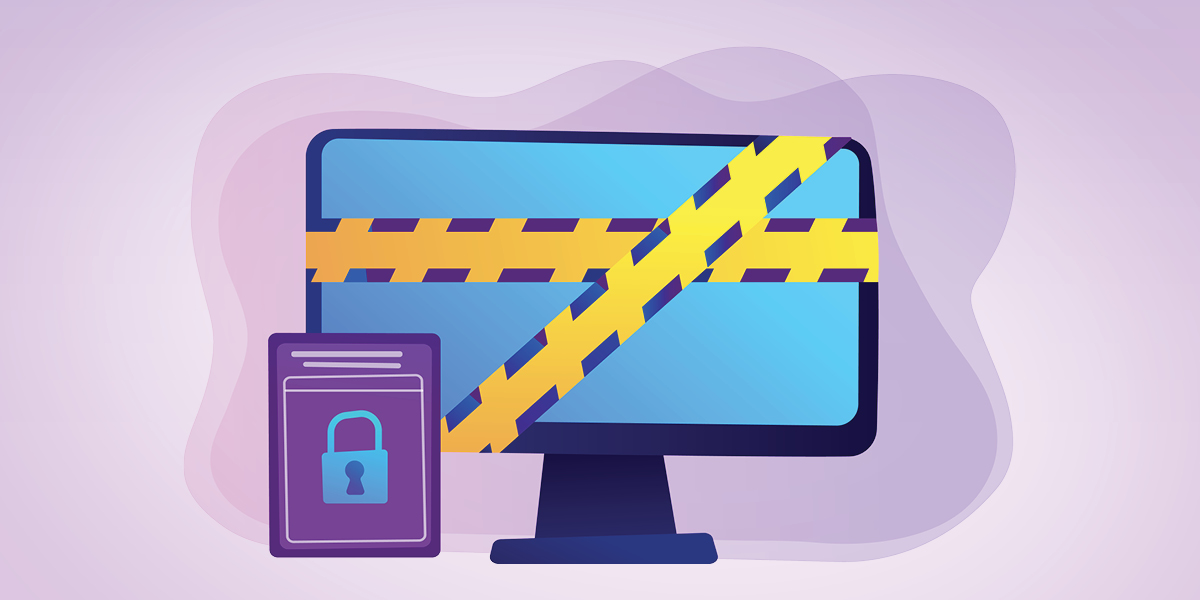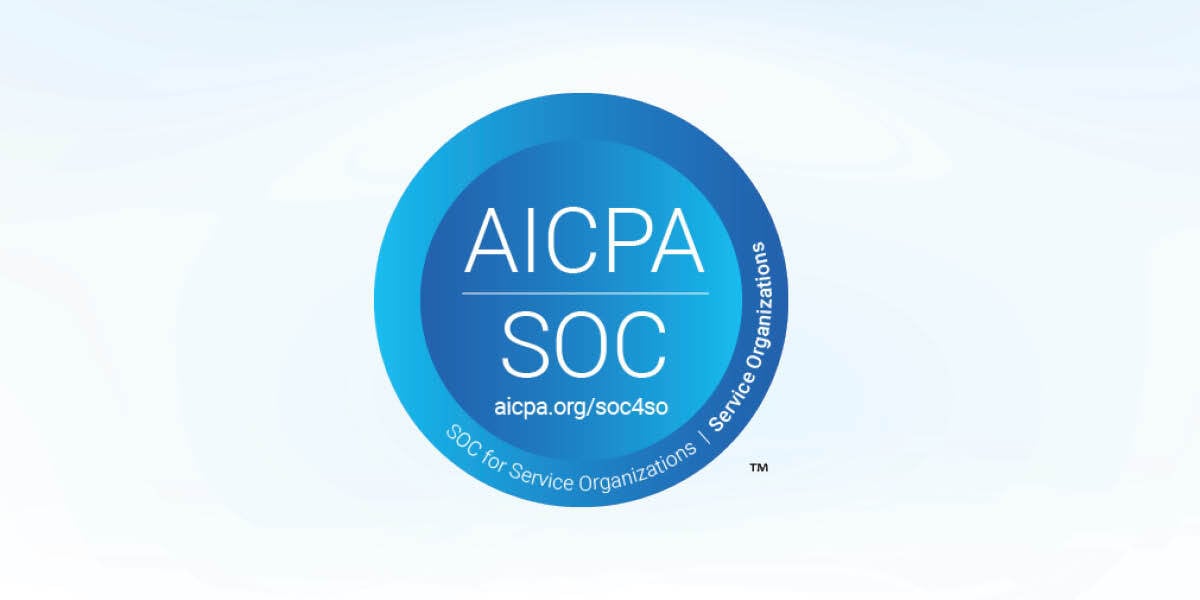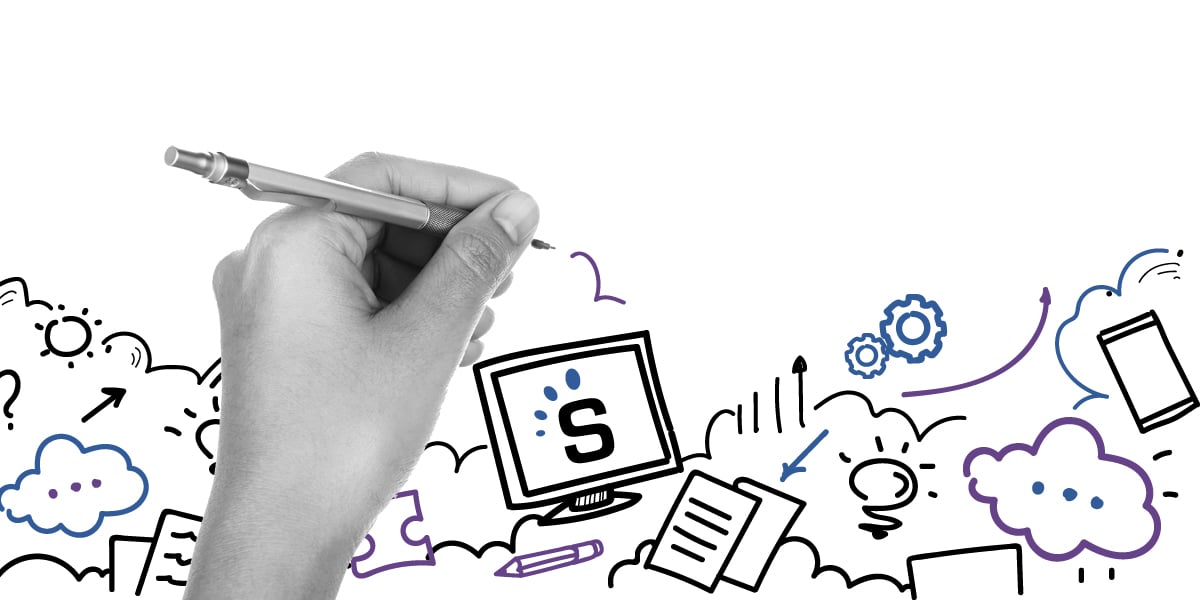
Schools across the nation are still toiling through the ongoing coronavirus pandemic. More students now than ever before are being pushed to study, learn, and take examinations online – which has led to a rise in concerns regarding cheating and fraud, as well as virtual proctoring.
Virtual proctoring has prompted concerns from students and institutions alike over data and information privacy, device security, and the fairness and equity of artificial intelligence (AI) decisions on academic performance. Due to the concerns over virtual proctoring, as well as assumed costs, students and some institutions are taking the stance that there is “no need” to proctor exams and rely solely on honor code statements. Unfortunately, cheating is not a new issue for many universities and institutions, and without some form of formal proctoring, some students will continue to cheat.
Academic Integrity Isn’t Enough
Examination fraud undermines the developmental process and a student’s journey through higher education. The process of gaining a higher education means little when a student’s sole focus is to get to the end goal, or rather receiving a degree or certificate by “any means necessary.”
A report in the South African Journal of Science highlighted the absence of proactive mitigation of examination cheating risk which in turn emphasizes the reactive responses by institutions after a problem is exposed.
Authors Narend Baijnath, who sits on the Council on Higher Education (CHE) in Pretoria, and Divya Singh, chief academic officer of STADIO Holdings in Cape Town1, determined that cheating and fraud are becoming increasingly more frequent, students are becoming more creative and technologically-inclined in their efforts, and that honor codes enacted to protect an institution’s reputation from instances of examination cheating are just not enough to prevent them from happening. Examination cheating and fraud have to be fully addressed. Academic integrity policies must be supported at the top of an intuition, and must be accompanied by more than rhetoric in order to work – and that is often not the case.
“Examination cheating is a growing global problem that has affected universities without discrimination,” according to Baijnath and Singh. The report revealed that the issue with proactive risk management is that examination cheating is rarely identified as an institutional risk register and is then left as a reactive or ad-hoc (when necessary or needed) intervention by management. The integrity of higher education is subverted, and the respect associated with higher education is lost if individuals cheat their way to degrees and certifications, Baijnath and Singh explained.
Research shows that academic dishonesty in post-secondary education runs particularly high among students in the specific disciplines of engineering, business, and nursing. Some students feel tremendous pressure to score well on exams to get scholarships, keep scholarships, or qualify for certain positions. While others are just practicing bad behavior and lack basic integrity.
Whatever the case, cheating is a problem and because of it, schools are having to be smarter than the average student. Technology has changed the face of examination cheating (and provides more opportunities for cheating), and factors including greed and student creativity seem to be propelling it further.
What Does it Take to Prevent Cheating?
One solution is to proctor any and all examinations. This has become increasingly difficult due to the ongoing COVID-19 pandemic. However, it is not impossible and options can even be provided to students and schools.
SmarterServices offers several different ways and settings to proctor students, including everything from testing centers on college campuses or at external locations, to instructor-as-proctor, to virtual proctoring services (Which is what I will expand on in this article as a solution to prevent cheating during the pandemic). There is even a new proctoring modality that was recently added to SmarterProctoring called Hybrid Virtual Proctoring which combines the best of local proctoring with the technology of virtual proctoring.
There are different forms and variations of virtual proctoring as seen in various services provided by other proctoring companies. The experience typically involves three elements:
- Software that limits the functionality of the computing device (single monitor, limited copy and paste functions, navigation limitations, print disabling, etc.).
- The student and their environment are monitored via webcam.
- The activity on the computing device is recorded.
As previously stated, students' concerns over virtual proctoring have given rise during the pandemic including data and information privacy, device security, and the fairness and equity of decisions made by AI. SmarterServices has taken several steps in the design and implementation of SmarterProctoring to mitigate these concerns and others.
First, SmarterProctoring clearly communicates to the student what the service does and does not do in the form of documentation, which is coupled with a frequently asked questions document that assures students of the following:
- We do not monitor anything outside of the testing session.
- We do not review non-testing content such as browsing history or currently installed programs.
- We do not sell or share student information.
Next, the data shared through SmarterProctoring is stored on the industry-standard Amazon Web Services S3 cloud platform. All data is encrypted at rest and in transmission using AES-256 encryption. We do not collect nor store sensitive, personally identifiable information including social security numbers, financial account numbers, telephone numbers, license plate numbers, or passport numbers. Also, the facial recognition information is only used during the exam to ensure that the person who started the exam remains the test taker during the exam, eliminating the ability to cheat during an exam. No biometric information is collected nor stored in SmarterProctoring.
Also, if a student has concerns about privacy or experiences higher levels of anxiety due to virtual proctoring, SmarterProctoring is the only proctoring platform that gives students options of face-to-face proctoring modalities and allows them to schedule for those options in the same workflow within their course that they would use for virtual proctoring. SmarterProctoring allows students to schedule for testing at their local, collegiate testing center or a network of hundreds of testing centers nationwide. We also can provide instructor-as-proctor and a proctoring professional such as a human resources director at a corporation to serve as the proctor.
The new Hybrid Virtual Proctoring modality allows for personnel at the institution to serve as the live, virtual proctor. This can include testing center staff and/or the instructor as proctors. When the institution’s staff is serving as the virtual proctor, this can help alleviate concerns over being monitored by a stranger who is potentially in another country. It can also help mitigate the threat of racial bias that can occur through facial recognition technology because the school’s staff can visually authenticate the learner. The use of the institution’s own staff also provides the level of deterrent associated with live, virtual proctoring at the cost of the much less expensive automated virtual proctoring.
A Safe, Cost-Effective, Secure Proctoring Option for Your Institution
In conclusion, virtual proctoring is a cost-effective, efficient manner for regulating the online testing environment, and is often convenient for students. Virtual proctoring, especially sessions that are recorded or monitored during the test, deter cheating because cheaters get caught. Research conducted by the Constitutional Rights Foundation found that “as the risk of students getting caught for cheating increases, the instances of cheating decreases.” Finally, schools can address student concerns by utilizing SmarterProctoring as a multi-modal proctoring process management system.
Learn how SmarterProctoring can help your institution by clicking here to schedule a demo.
1Divya Singh of STADIO Holdings, Ltd is a client of SmarterServices. Milpark Business School utilizes SmarterMeasure.






